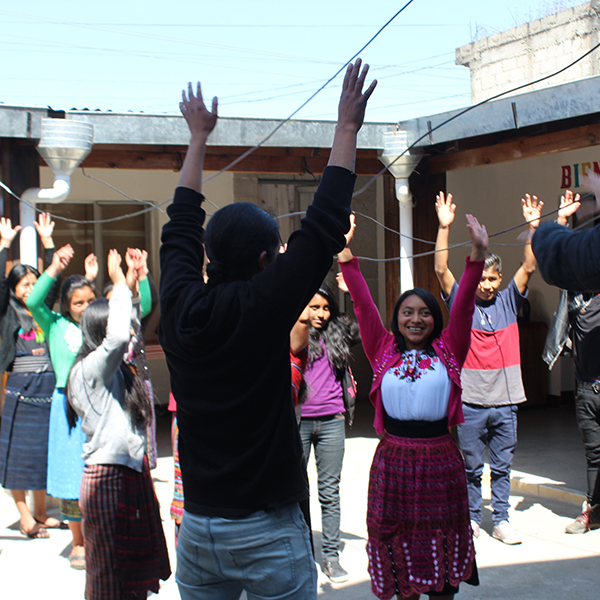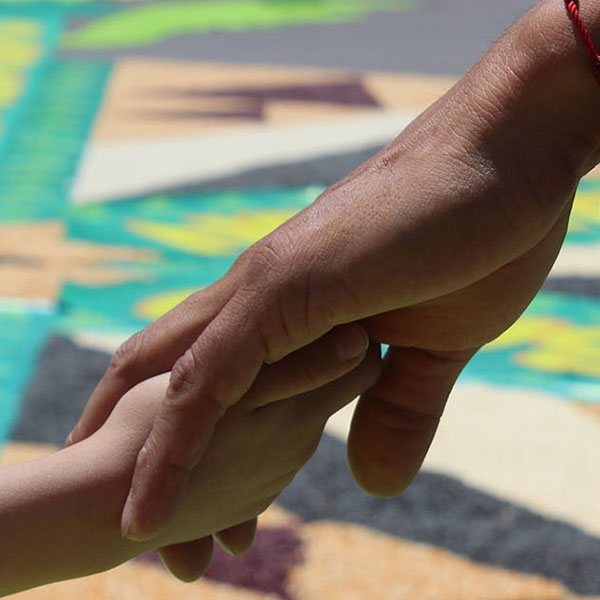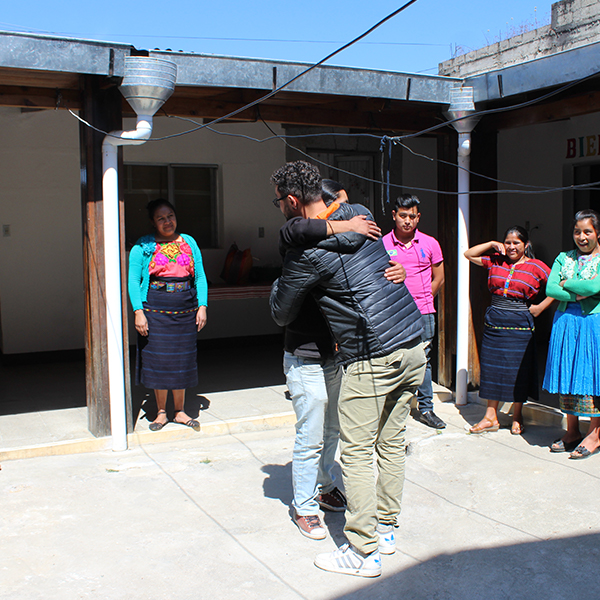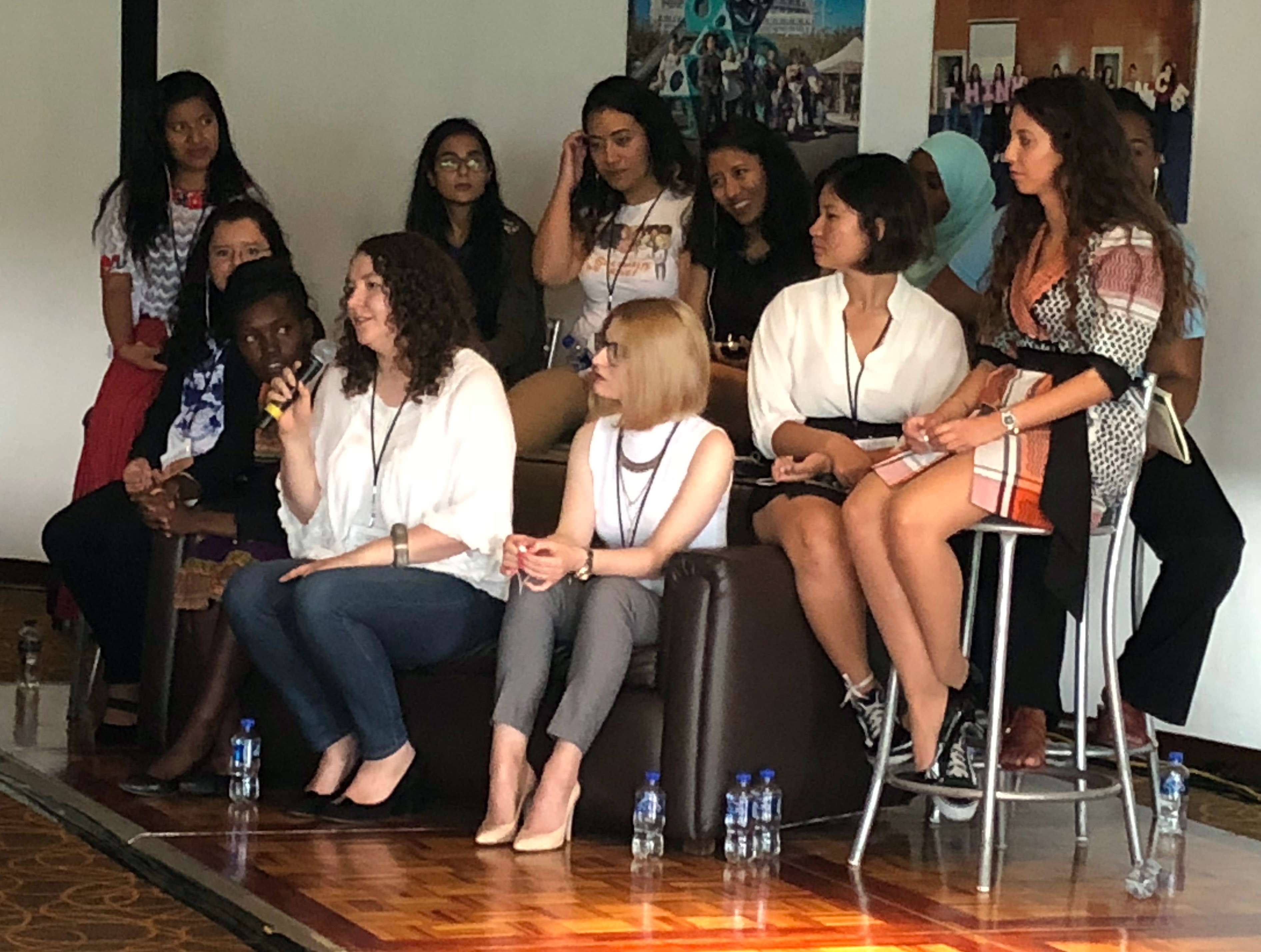With the launch of our new capacity development approach, we’re rethinking the way we help our partners become more effective.
Over the past year, GFC has restructured how it strengthens community-based organizations. Instead of focusing on a set of technical skills or training, we’re helping our partners to learn, adapt, and lead change on their own terms. I recently chatted with Titos Escueta, GFC’s Capacity Development Adviser, to learn more about what has changed and why.
1. What’s different about the way GFC does capacity development now, compared with the past?
There are two main differences: we’ve changed our understanding of what capacity is, and based on that new understanding, we’ve changed our approach to strengthening it.
Our past definition of capacity focused on more traditional organizational development indicators of how “strong” an organization can be, based on the systems it has and the technical resources available to it.
Now, our definition of capacity includes individual aspects like leadership, attitudes, and systems thinking, as well as relationships and networks. We are also focusing on our partners’ ability to adapt in complex and changing environments.
Today, we see all of our interactions and touch points with our partners as an integral part of capacity development: from organizational assessments, to site visits, to networking events. Capacity development is a suite of actions, and we’re approaching our work with the belief that all our contact with our partners can potentially serve a capacity development function.
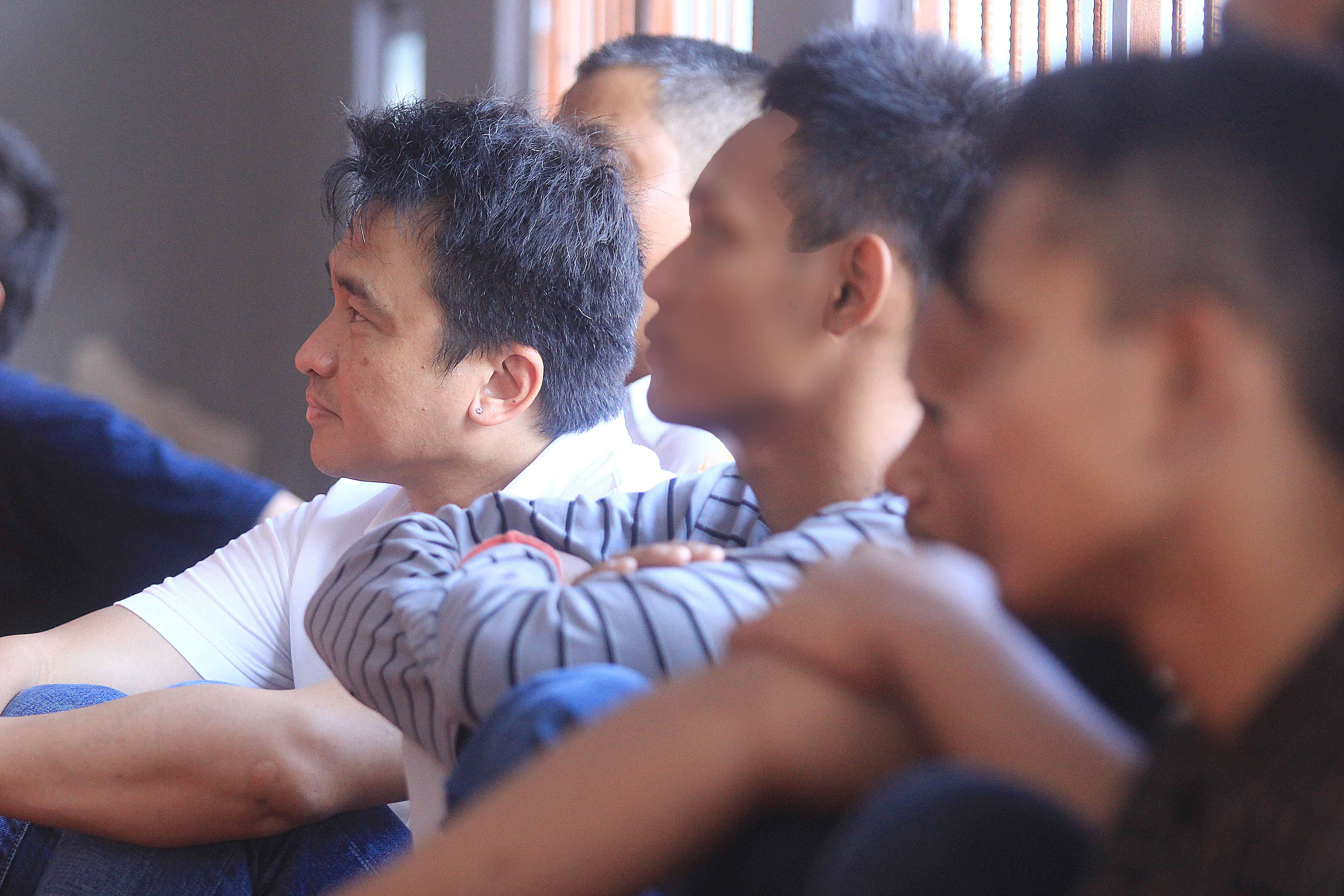
In terms of our approach, we’ve formally shifted to a more empowering model. Before, our partners did a self-assessment to gauge their capacity. We’re now much more engaged with the partner in that process, working as a facilitator and empowering our partners to shape the process. We work with them as they define their goals and how they will measure progress.
We’re also working to create better platforms for learning and reflection. And we’ve adopted a cross-learning approach that focuses on cohorts of partners learning from and sharing with one another.
2. So now that GFC has changed its definition of capacity development, how would you describe it to someone who hasn’t heard of it before?
Capacity development is about strengthening an organization’s ability to adapt and innovate to address the issues they want to change.
It’s always about building on what they already have, and it’s not only about skills and systems. Capacity is about knowledge, skills, attitudes, systems, relationships, and other domains. The key is improving these areas in a way that makes the organization more resilient and reflective, so that they can adapt and innovate … as opposed to just seeking improvements in specific areas alone.
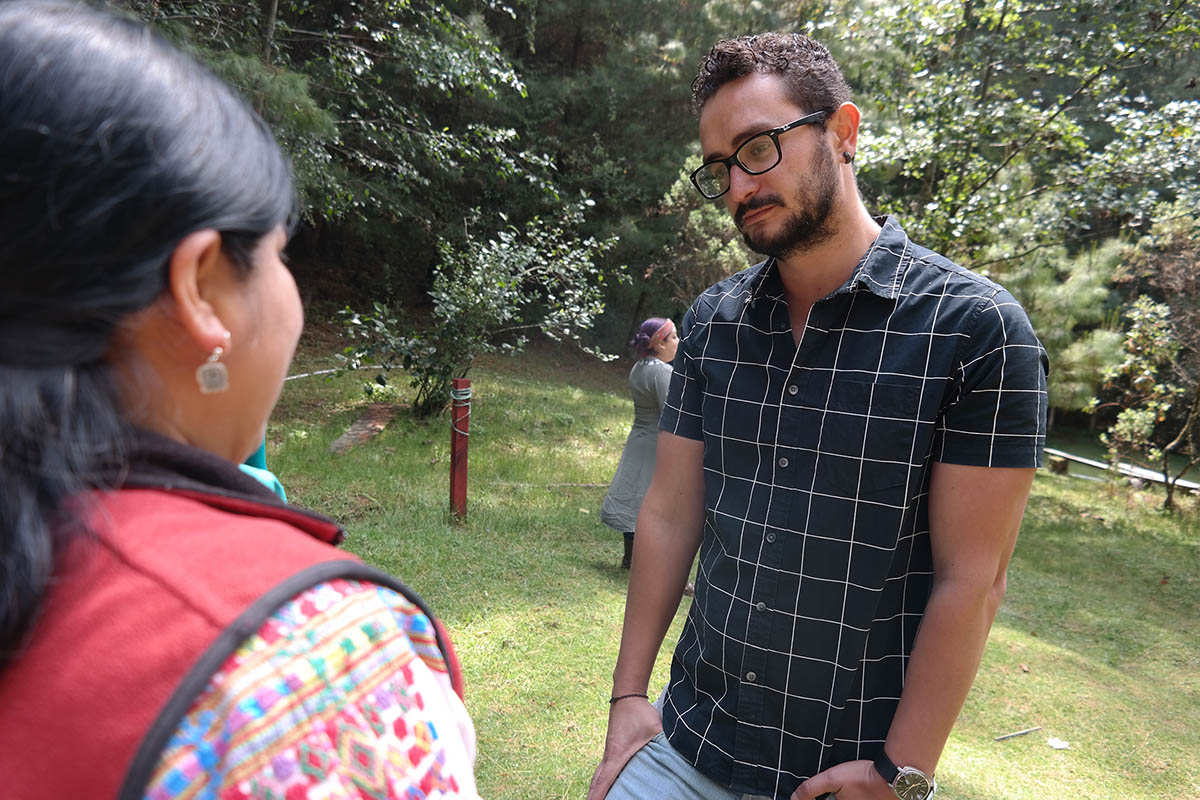
In the end, it’s about changing the world. We can’t change the world if we always rely on the knowledge and experience we have right now – new problems are constantly surfacing and evolving!
Through capacity development we can build resilience, adaptability, and learning as core values and integrate them into our systems.
It’s about making ourselves better equipped to respond to complex challenges. And it’s also about making our relationships and networks stronger, so that we can collectively address challenges and learn from each other.
3. Connect the dots for us: how does our capacity development for organizations benefit children and youth?
When we focus on helping our partners be more responsive and adaptable, that is directly linked to the needs, rights, and voices of children and youth.
It’s important that our partners’ systems become more participatory and representative of the children and youth they serve, so we work to develop their capacity to do that. It might mean involving youth in their organization’s governance, but if not, they need people on the ground who can listen to kids, engage with them, and then integrate those perspectives into their programs. That’s not theoretical – that’s a capacity challenge in itself.
By becoming more responsive to the needs of children and youth, young people’s capacity increases as well. The organization listens to them, the organization responds to their needs, and the youth’s capacity increases as a result.
But that’s not the end! The increased power of youth has the potential to increase the impact of the organization itself. Possibly by building broader support networks and helping the organization become more effective. It’s an iterative, cyclical process.
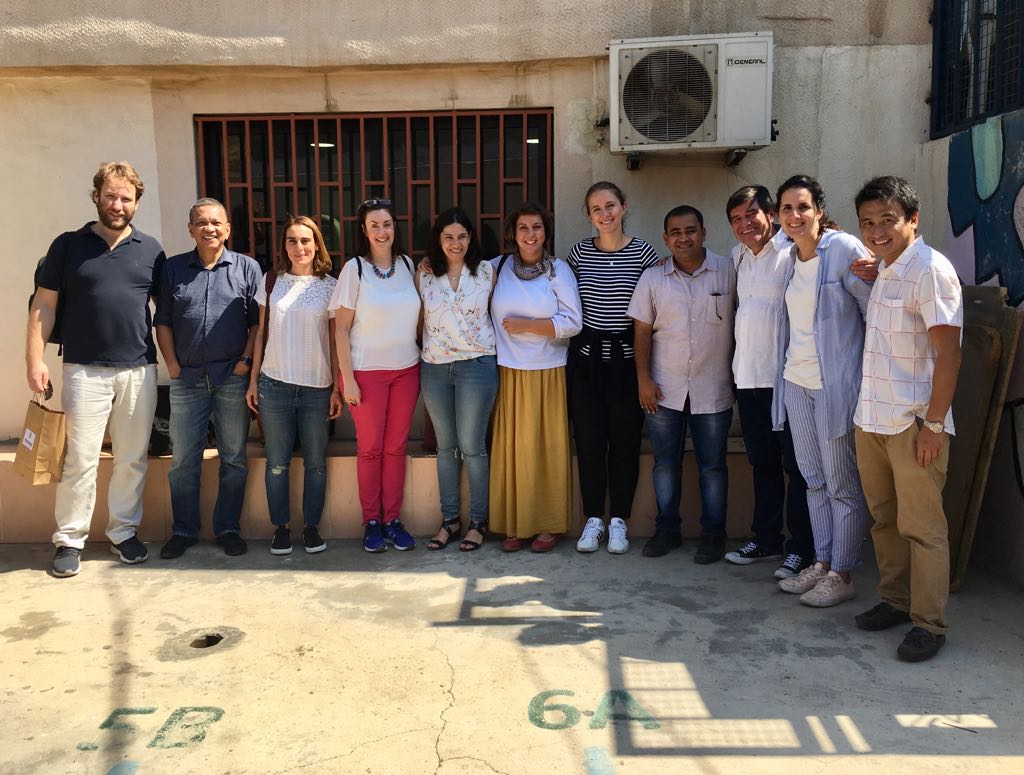
4. Capacity development is a growing field in international development – what do you think GFC does differently from other organizations?
Our focus on reflection and learning – rather than training – as a means for achieving change in organizations is still not very common.
It’s surprising for a lot of donors to think about capacity development in this new way. Some still think about it in the old way, the “teacher” way: I’ll give you capacity with my expertise. I’ll teach you how to do financial systems, for example. But our partners can do that on the internet.
GFC really has two roles here as we work to shift power relations. One is to get resources to where they are needed, as directly into the communities as possible, with the goal of improving the wellbeing of children and youth.
Our other role is to help convince other funders and donors that it’s not all about what we perceive in the developing world. Their view on reality – our local partners’ – is extremely important. Its the combination of external and internal perspectives that will help lead us to a solution. We control the resources, and we must be aware of that and not overpower our partners’ perspectives. Local actors are the ones who can make the most of those resources and who will live with their effects.
Top photo: At a recent convening, GFC partners and staff work together to map the journey of migrant youth in Central America and the US. © Global Fund for Children
